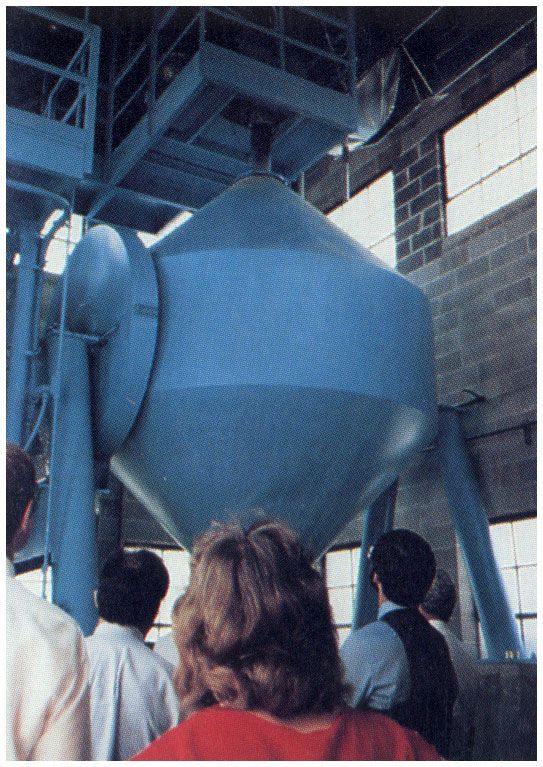




Phone: (914) 381-2400E-Mail: customerservice@marvalindustries.com

Is it possible to reduce the surface friction of plastic for end-use applications and enhanced processing? Additive masterbatch can make this happen. Plastic is naturally sticky, with high coefficient friction levels (especially when coming in contact with other plastic parts). In many applications, friction causes a wide range of processing and performance challenges. These challenges include:
Specialty compounding (slip additives) helps to rectify the problems of sticky polymers by promoting ejecting and de-nesting of highly intricate parts and shapes.
How do slip additives work?
Slip additives get added in the formation of the polymer. During that process, the additives bloom or migrate to the surface of the polymer. In the end, a lubricating layer forms around the plastic that drastically decreases the coefficient of friction. With slip additives, plastic parts can smooth run across another surface with limited damage.
It is common to find these additives being extensively used in the manufacturing of polyolefin films. Added friction resistance makes up for polyolefins' tackiness (which prevents processing into packaging films). Additive masterbatching eases the ability for parts to separate and slide.
We offer many types of specialty compounding, including color masterbatch, glow-in-the-dark additives, and flame retardance resistance additives.